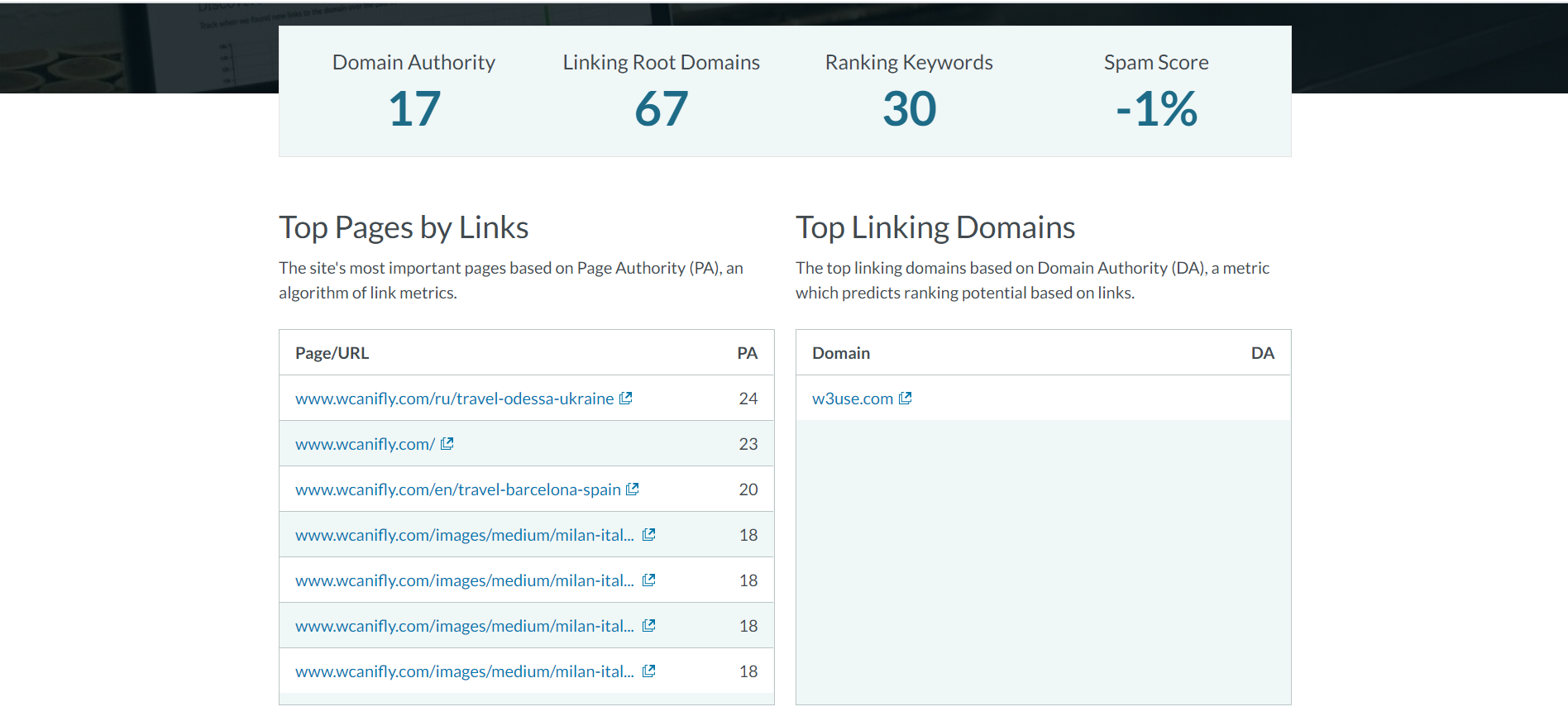Does Page Authority Really Matter?

What is Page Authority? It is an indication of how many times a particular web page has been viewed and opened by people on the internet. The more often it’s opened and viewed, the higher the PR. Page Authority is a statistical measure that enables a site to assess precisely how well it is doing compared to its rivals. Let’s take a look at what that really means.
So what exactly is Page Authority anyway? It’s a measure of the number of times a web page is opened, rather than how many people view it. The quality of the page does not have any bearing on this figure. Webmasters wanting to build high-quality backlinks need to work in this area, but the Page Authority metric tells them exactly where they need to work in order to achieve this goal.
Many different factors influence Page Authority. One of the most important of these factors is link popularity. This is measured by the number of other websites that have links to your web pages. The more links you have, the better off you are. Obviously, the more popular you are, the better results you will get in search engine results.
The second major factor, domain authority, can be seen to relate to the first factor. The domain or sub-domain in which your web pages are hosted greatly influences how high your PR is—the more popular the domains, the better. So if you have a.com extension at your disposal, you can be sure of a high page authority score.
In terms of individual web pages, there is another important factor to consider: page authority of the individual page. The higher the page authority of the specific page, the better the overall rank of that page will be. The lower a page’s page authority, the lower the rank and the lower the PR of that specific page. This means that the SEO for a low Page Authority will generally be worse than that for a high Page Authority domain.
So it seems like there is an ongoing relationship between SEO and page authority. Of course, Page Authority alone doesn’t guarantee a great ranking in Google, and Page Authority won’t guarantee a great ranking in Facebook either. You need to combine it with other important metrics, such as backlinks. Backlinks are basically “arrows” pointing users to your website, and the more backlinks there are pointing at your site, the better the chance that someone will click on them and be redirected to your web pages. The number of quality backlinks that Google can see is called the quality score of the links, and this is also an important metric to consider when trying to increase your PR.
Google also uses a special metric called the domain weighting ratio. This metric essentially tells Google how many times each of your web pages are linked to other sites. The higher the domain weighting ratio is, the more valuable the link. So basically, if you have a high number of links on highly relevant domains, then Google will consider you to be more relevant to that search query and give you a higher ranking. This is one way to indirectly increase your Page Authority level without actually needing to increase your Page Rank.
Overall, Page Rank is only part of the picture when you’re thinking about improving your search engine ranking. For example, links alone won’t do much if you want to increase your search engine ranking. As mentioned above, you need to focus on both the Page Rank and the entire website’s content and its overall design and user-friendliness. If you can accomplish that, then you’ve really done your job! Now all that’s left is to put the information together in a way that readers will be interested.



